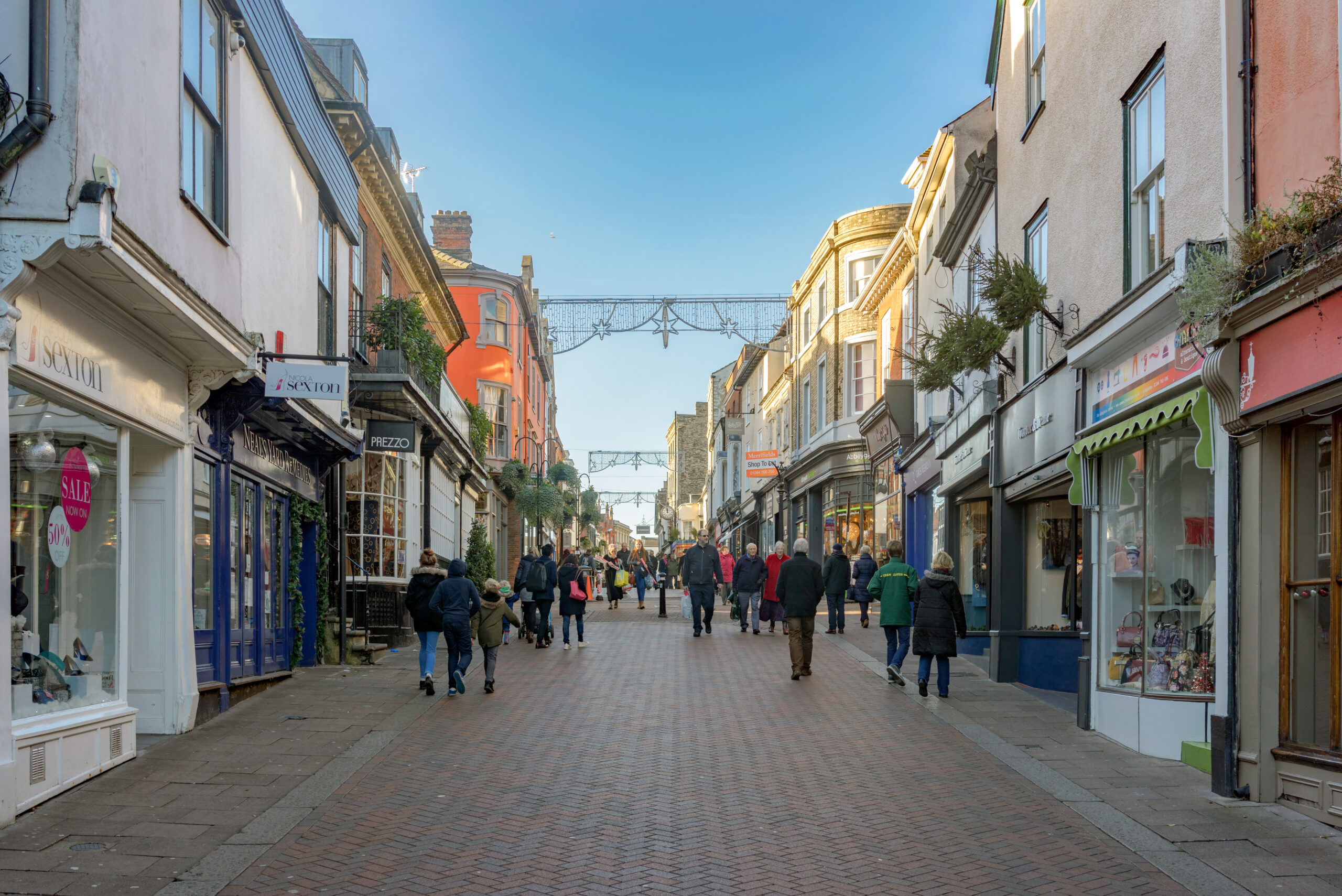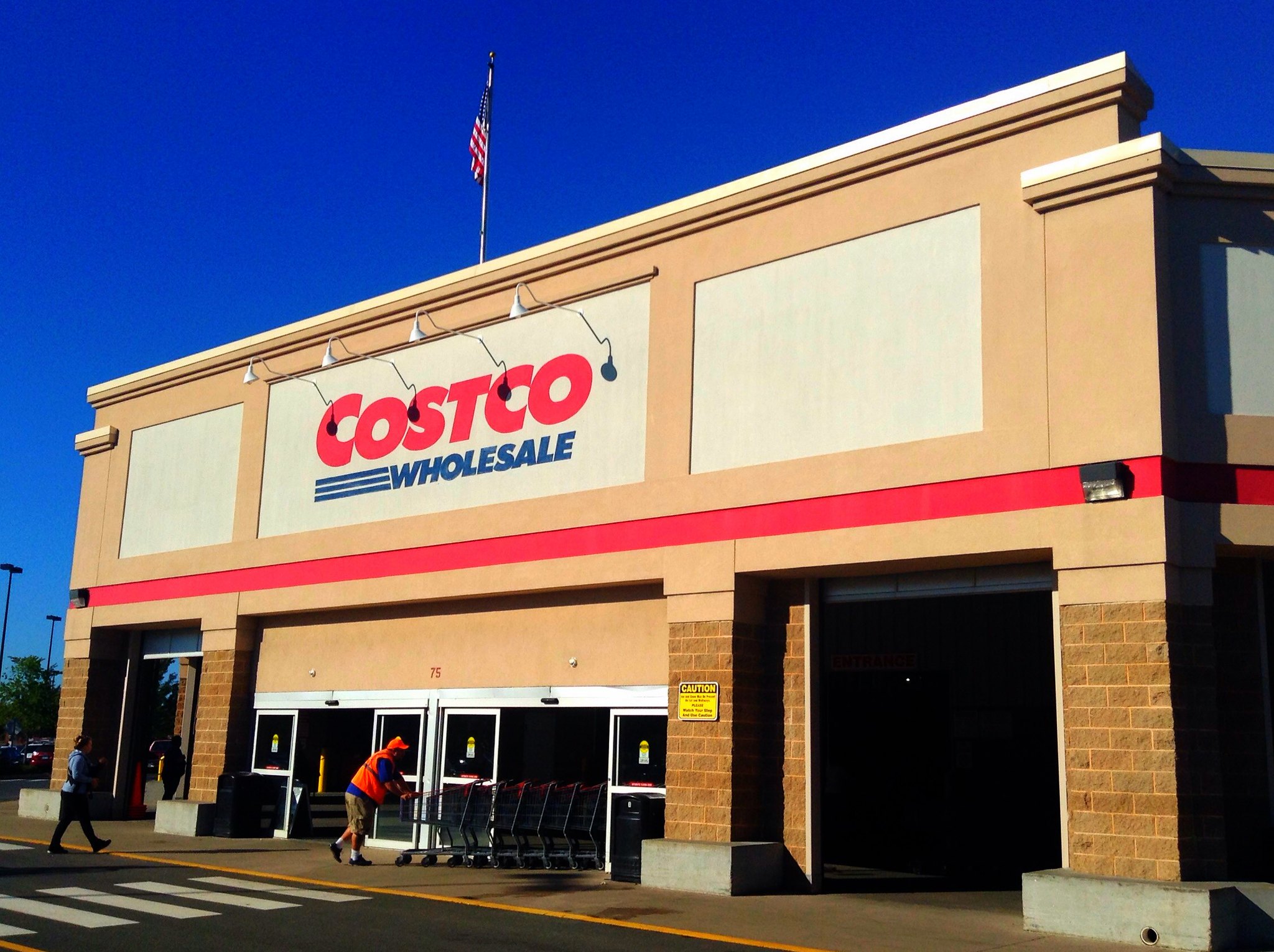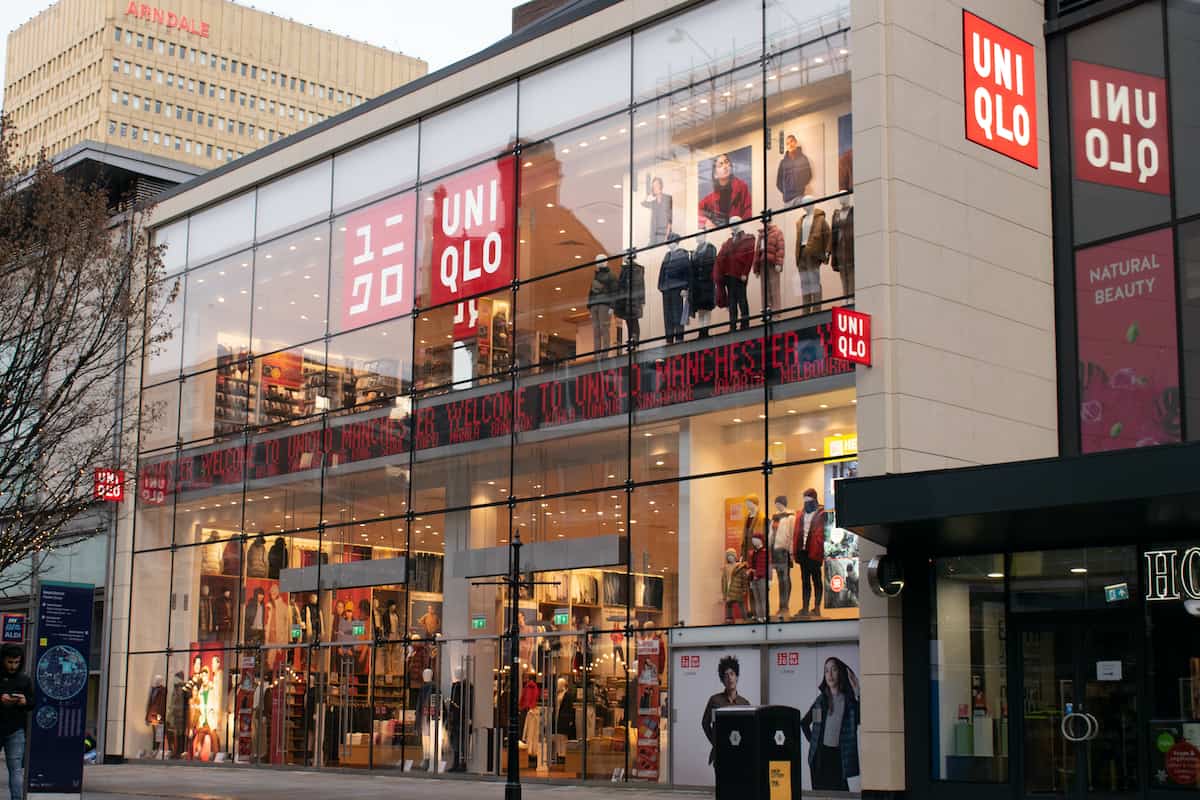The latest data from the Office of National Statistics (ONS) has shown retail sales fell again in October, to their lowest level since February 2021 when covid restrictions remained in place.
ONS has reported that retail sales volumes have fallen by 0.3% in October 2023, following a fall of 1.1% in September. Sales volumes were down by 1.1% in the three months to October, when compared with the previous three months.
ONS stressed that it was another poor month for household goods and clothing stores, with these retailers reporting that cost-of-living pressures, reduced footfall and poor weather had hit them hard.
Samantha Phillips, partner at McKinsey & Co, commented: “Consumers held onto the purse strings in October. Despite CPI inflation continuing to drop, it’s a disappointing start to the golden quarter which may reflect the generally low level of consumer sentiment.
“A combination of an unseasonably warm start to October delayed the purchase of winter warmers such as coats and scarfs. While the rained-out end minimised footfall.
“Online non-store retail volumes increased by 0.8%, likely the flip side of the weather. However, values fell by 1.2%. This trend may be due to Amazon Prime Day and other discounts being launched ahead of the key seasonal shopping period in a bid to capture early purchases.
“Given the slow start to the quarter, retailers will be fighting to win discretionary spend of both their loyal and new customers on Black Friday and as we head into December – smart pricing and promotions, product differentiation and convenient experience will become even more important.”
Deann Evans, managing director, EMEA Shopify, said: “Retailers can be forgiven for anticipating a difficult holiday shopping season, with the latest ONS figures showing a continued slowdown in British retail sales. But our data suggest that many shoppers have used recent months tactically to save in preparation for the holiday season. In fact, over half (53%) of UK shoppers have been putting aside more money each month than they have in previous years.
“This is resulting in a notable 69% of UK consumers being more likely to shop during Black Friday Cyber Monday (BFCM) weekend and upcoming peak sales moments to get more for their money. The end of November will be crucial for British retailers, as half of consumers (50%) plan on doing the majority of their holiday shopping during the BFCM sales period.
“We’re in what’s typically described as the “Golden Quarter” for retailers, and this year will be no different. With UK consumers planning to spend £132 on average during BFCM this year — up from £113 in 2022 — the industry can be patient with consumer spending, which isn’t suffering from declining consumer confidence, as has been widely suggested.”
Steve Ponting, director at Software AG, noted: “While the rate of inflation is slowing, we’re still in an environment of rising prices, meaning that consumers are wanting to save all they can in the run up to Christmas. Despite this, the Christmas adverts have all been released and the fight to win shoppers is now well underway.
“I believe we will see a successful festive period for retailers, but we’re already seeing that it will be one heavily dictated by promotions and offers, loyalty schemes, own brands and discount retailers.
“Shoppers are going to continue maximising value for money as they celebrate and retailers’ ability to influence basket size and spend will be heavily reliant on their ability to predict consumer demands and react to competition. Above all, retailers need to provide excellent and connected customer experiences in-store and online, or risk frustrating customers to the point of losing their business. As ever, data will be at the centre of these decisions and operational efficiency will be critical to success.”
Jo Spolton, CEO of second-hand shopping platform Rumage, added: “Amid the cost of living and mortgage crisis, we are seeing increasing numbers of people shopping for second-hand items. Since inflation went through the roof, the attraction of buying secondhand or refurbished is growing. People have been planning for Christmas for a couple of months already to help spread the load. We are fortunate to be counter-cyclical to economic downturns, but this data shows the pressure the retail sector is under.”









